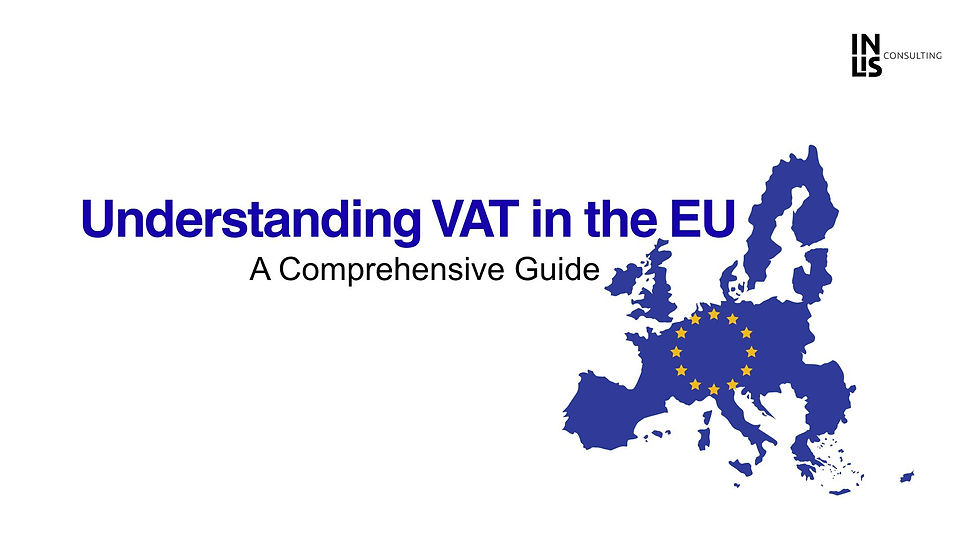The Taxing Reality for Remote Workers
- INLIS Consulting
- Feb 5, 2024
- 2 min read
It's widely known that remote workers have been a growing trend for years, and the pandemic has significantly influenced how people approach their careers and how businesses structure their operations.

Given its connectivity, quality infrastructure, and welcoming environment, Portugal emerges as a prime destination for remote workers and digital nomads. However, engaging in remote work can carry significant tax and social security ramifications.
Attempting to fully address this topic within the confines of a brief article is challenging. Nonetheless, one crucial concept demands attention: tax residence.

Understanding tax residence is paramount due to its far-reaching implications. It entails becoming liable to Portuguese taxation on your global income, potentially necessitating payment of Portuguese taxes on top of any obligations in your country of origin.
Tax residence for remote workers is defined under Portuguese personal income tax laws.
You are deemed a tax resident if you meet either of the following criteria:
1. Spend more than 183 days, whether consecutive or not, in Portugal within any 12 months starting or ending in the fiscal year in question.
2. Maintain a residence (habitual residence) in Portugal during any day of the aforementioned period, even if you spend fewer than 183 days in Portugal.
The reassuring aspect is that double taxation concerns can be addressed by leveraging Tax Treaties Portugal has established with various jurisdictions.
In addition to alleviating double taxation and limiting taxing rights—where employment income is usually taxed in the place where work is performed—Tax Treaties introduce tie-breaker rules.
These rules prioritize various factors to ascertain the actual place of tax residency. They consider elements like the location of the permanent home or the center of vital interests, which encompass an individual's personal and economic ties, such as family or employment.
Social Security for remote workers
Apart from personal income tax considerations, significant social security implications may arise. For example, following an initial 12-month exemption period, self-employed individuals established in Portugal are obligated to pay monthly social security contributions. These contributions are calculated at a rate of 21.4% on 70% of the average income per quarter.
Regarding remote workers in Portugal operating under employment contracts with foreign companies, it's crucial to note that the foreign entity must establish a payroll to facilitate the payment of social security contributions.
These contributions comprise 11% payable by the employee and 23.75% payable by the employer, based on the monthly gross income. This necessity has led to the rise of employer-of-record platforms in recent years.
Additionally, depending on the specific duties or roles of the employee, attention should be paid to the risk of the foreign entity establishing a permanent establishment in Portugal, which carries tax and legal ramifications.




Comments